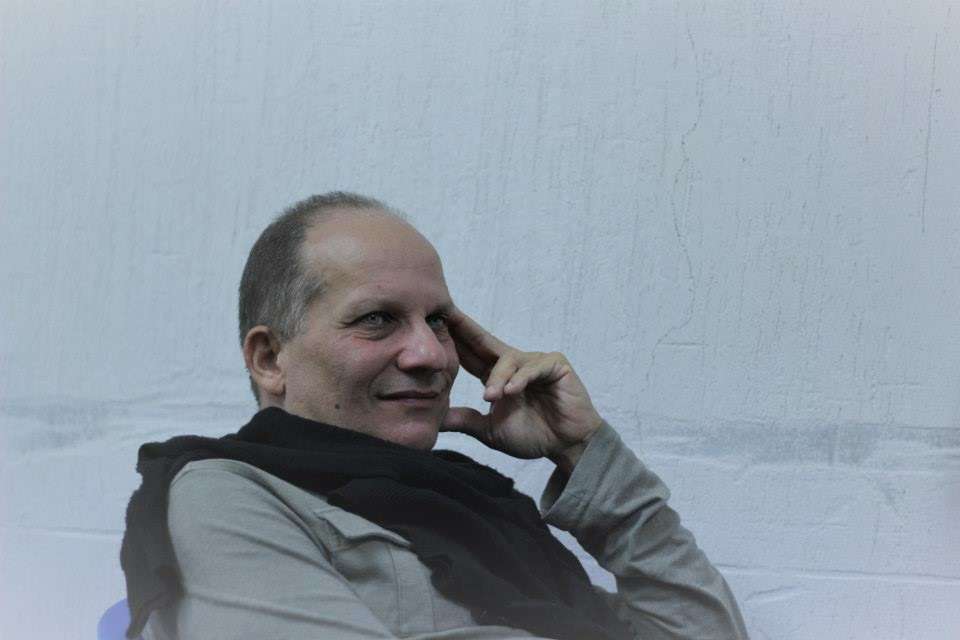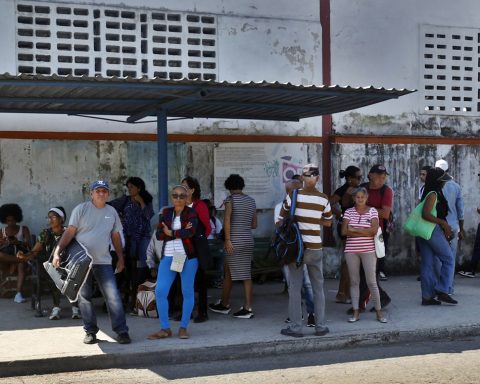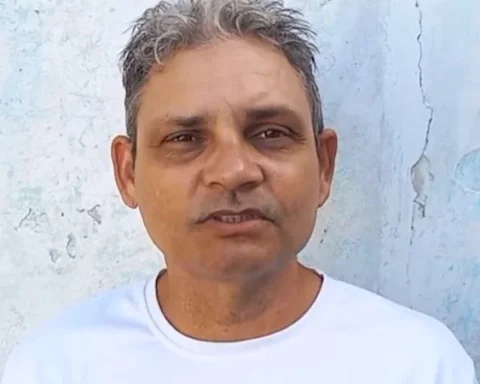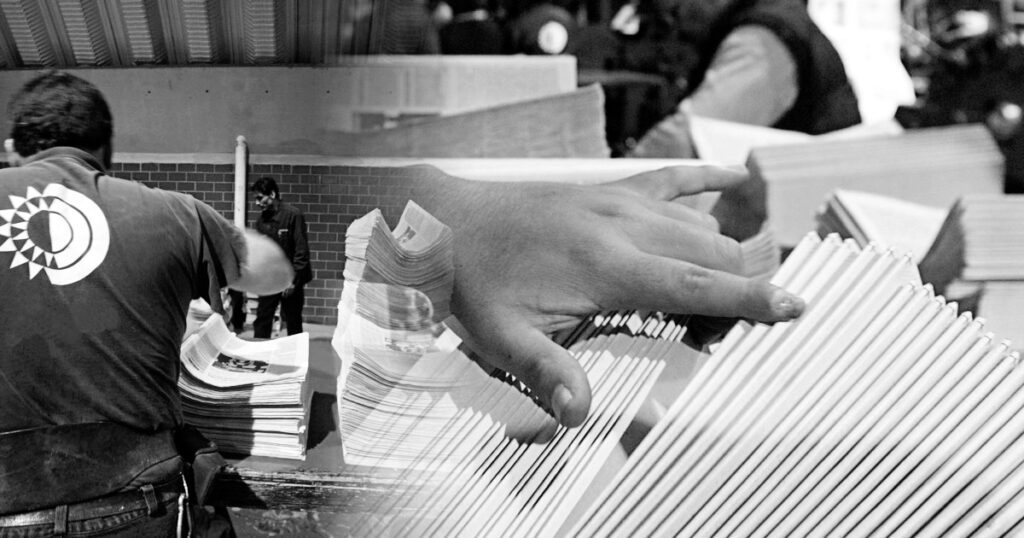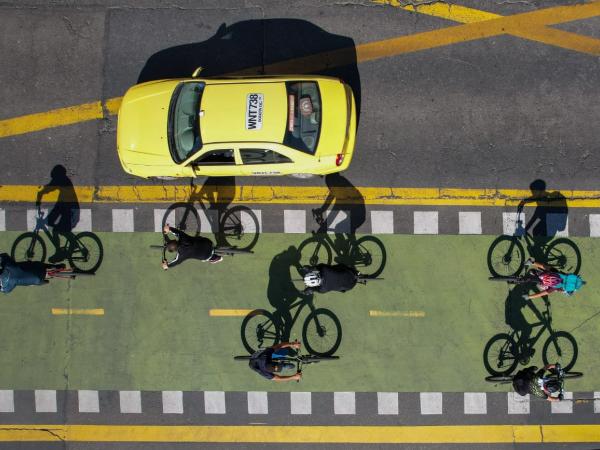The dialogue that follows is a continuation of another that Arturo Arango and I held, in these same pagesin 2020. As I see it as one of the most lucid members of my generation, our meetings, increasingly sporadic for various reasons, become intense exchanges.
More than updating ourselves on the respective personal issues, our talks are directed at contrasting each other’s opinions on “the state of the Union”, an expression taken with smiling irony from the American political ecosystem, and which in this case refers to ” the thing”; that of which we all speak, and that is nothing more than the future in the sore Cuban archipelago, beaten by winds from many cardinal points, sometimes found.
Arturo (Manzanillo, 1955) is a film narrator, editor, critic and screenwriter. He so far he has published the novels an anatomy lesson (1998), the reality book (2001), death of no one (2004) and don’t ask me when (2018). He is also the author of several critical books and short stories. Waiting list (2001), Even though you are away (2003), The horn of plenty (2008), and Parsley (2022), among others, are films in which he has participated as a screenwriter.
For twenty-seven years he was deputy editorial director of The Cuban Gazette, a position that he declined in 2022. He has served as head of the Script Chair at the San Antonio de los Baños International Film and Television School, and, more recently, as director of the Master’s Degree in Audiovisual Creative Writing.
On August 28, 2020 you granted me an interview for OnCuba. Those were the terrible days of the pandemic, the same ones that, it seems, refuse to pass at all. From there to here it has rained, if not enough, at least with great intensity: 27N (2020), 11J (2021), Ordering Task (2021), approval of the Family Code and the Penal Code (2022)… How have you lived this time? What is your reading of these intense years?
I have remained, as I think is inevitable, attentive to events, trying to understand them, to read them not only in the present but also towards the future. In the early 1990s, I heard Roberto Fernández Retamar say many times that humanity had reached a point where it was necessary, once again, to try to interpret reality before attempting to transform it. Thus he modified, rearranged, a well-known quote from Marx.
We are, once again, in circumstances of crisis, in which everything overflows, manifests itself in excess. Each of the events you list would be worth a multi-page response; but the summary is that we are in crisis, a prolonged crisis, of an economic nature but also an ideological and ethical one. The latter is the most serious.
On that occasion I asked you what were, in your opinion, the issues that the population debates the most, and if these have had sufficient reflection (quantitative and qualitative) in the official media. What do you think now?
The great theme continues to be material survival, day to day. The tails and what follows from them has multiplied. There is endless talk about prices, about money that is not enough, that is vanishing, and now, in addition, about emigration. Everywhere you get the news of someone who left, who will leave, who walks through the jungles of Central America or is in a detention center in California.
Some of these issues are reflected in the official press, but between what people say (and think) and what the media usually say, there is an abyss. The commotion caused by the lucid words of Professor Fabio Hernández Batista on the Round table Few days ago. It was totally unusual to hear, in that space, arguments that are much closer to what is really happening in the country.
The novelty was the place where he said it. It is an easily verifiable fact that pride in being Cuban deteriorates day by day.
Rhetoric, from which the official media seem unwilling to free itself, always means the paralysis of thought. Phrases are repeated when you don’t have anything of your own, personal, authentic to say. This extends to the speeches of the majority of party and government leaders.
It would be necessary to reverse the terms of the equation: first those phrases are in the speeches and then they are reflected in the State media.
Another matter. I have the perception that rarely, as now, have there been so many valuable minds thinking about the country. Politicians, social scientists, academics, communicators, artists… Perhaps my impression is due to the possibility that social networks offer to express different positions in the debate on issues of tactical and strategic priority for the nation. Can you distinguish within that motley panorama dominant opinion matrices? What is missing for the result of the most important debates to have a real weight in government decisions?
There are, in my opinion, several opinion matrices, some that I place on the left in the political spectrum, others on the right, and some more towards the center, inclined to one side or the other.
There are, of course, the extremists on both sides. On the one hand, those who “defend” the Revolution from positions close to or identical to what was called Stalinism (and which we misunderstand if we limit it to Stalin). On the other, those who wanted to wipe out everything that had to do with the Revolution, erase these sixty-four years and continue as if we were in December 1958. I hope that neither of the two alternatives is viable.
In the center there are many diverse trends. I am especially interested in what those who believe a truly democratic socialism is possible, or a model of society, regardless of the label, that prioritizes social justice, equality and humanism. An utopia? Yes. But staying anchored in models that seem more feasible, or that have already been imposed and have demonstrated their ineffectiveness, even their “inhuman condition”, seems worse to me.
Given the emergence of a small-scale private sector (around 6,000 MSMEs) that accounts for about 40% of employment, what expectations do you have about what it could mean in Cuban social dynamics? As some claim, are we on the verge of a “capitalist restoration”?
Of course we are in a slow and anguishing process of building capitalism. In a novel that I have finished, still unpublished, a character assures that the Revolution ended when money began to matter again. He would not totally agree with the character, but progressively reality is giving him the reason.
Shortly before I began to answer your questionnaire, the news circulated that Russia announced the creation of a reform program for the Cuban economy. It is said that he will prepare economic transformations based on private enterprise.
The matter is more serious. In 2019 the Cuban people voted and approved a Constitution that establishes that socialism is immovable. But the word socialism has always designated various models, some very different from each other. Was it debated before the vote which socialism we wanted, mostly? Can a small country that has not managed to get out of underdevelopment, isolated, locked, with discontinuous political alliances with other nations, support a socialist model, and that this is “prosperous and sustainable”? The harsh and pure reality is showing that it is not. It is now a matter of survival.
Now, shouldn’t we be asked at this minute what kind of capitalism we would like? A state capitalism à la China? A capitalism based on the corruption of the oligarchs, like in Russia?
Of course, these questions end in a crucial question: Who or who is conceptualizing and deciding what type of capitalism should be “built” in Cuba? Is there a conceptualization or is everything determined by emergencies?
The growing aging of the population, the massive exodus of women and men of reproductive age, do not seem like temporary circumstances. How could the demographics of the country change? Would Cuba become, in the distant future, a recipient of emigrants, something that happened in the Republican era?
In the distant future, it could be. In the next few years, I don’t think so. Who would want to come and live in Cuba today? What conditions, what privileges should be offered to these possible emigrants? The Central Americans and Cubans who cross Mexico do not want to stay there: their goal is the United States. Haitians who disembark on the coasts of Cuba do so dragged by sea currents or by mistake; not because this is the chosen destination.
He returns to teach the ear an old theme: the role of intellectuals in society. Is this debate particularly important in today’s Cuba?
Absolutely, always, in any of the circumstances, and even more so in the whirlwind of a crisis. The problem is that only very rarely are these debates heard by those who have to make decisions.
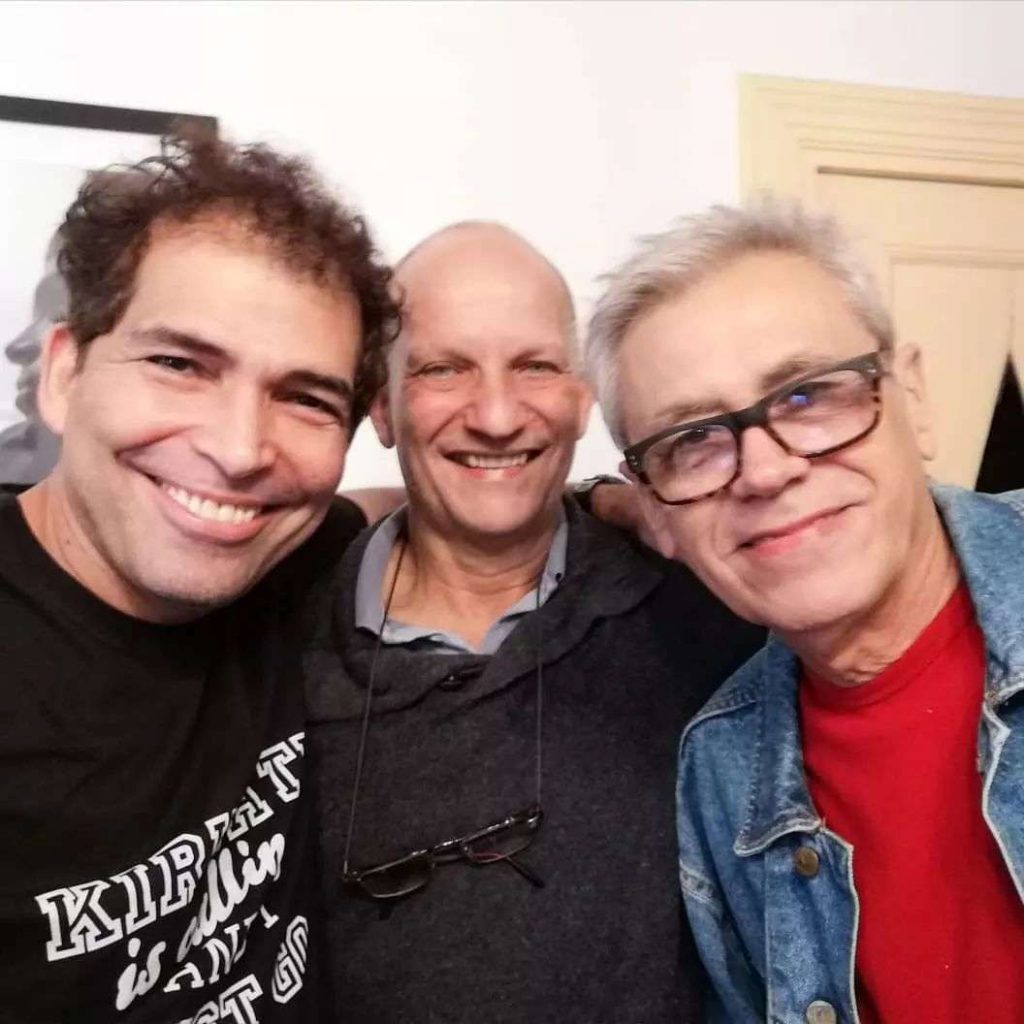
How do you imagine Cuba in five years?
I could answer you with a story that I finished a few weeks ago, and that I titled with a phrase that my great-aunts used to say when they were trapped in a blind alley: “And now, what do we do with each other?” But I am not going to make the mistake of synthesizing its plot here, let alone copying it.
The image I have of that future is bleak, very dark, as you may have realized from my previous answers.
How about your life? Are there new books published, projects cooking?
Despite the fact that I endlessly complain about “life”, my life is not bad. She continued to work with her friends at Viceversa writing screenplays for movies. At the Havana Festival, it was exhibited Parsleyby the Dominican José María Cabral, which we co-wrote with him, and is in post-production Tiger (working title), which we also envision with that talented young director.
And I write, always. I accumulate novels (I have three unpublished ones) and stories that will soon form a new volume.
But in your question you mean published books. The heartbreaking thing is that publishing a book here today is an absolute miracle. It seems that at the Book Fair that will begin in a few days it will finally be possible to present a printed number of The Cuban Gazette. The extraordinary thing, for the worse, is that it must have been the one corresponding to July-August 2019! Almost four years. Right now I am on the jury for the Critics’ Award, and we evaluate books with copyright from 2018 onwards, but they left the factories much later.
If I were faced with the dilemma of deciding whether to buy paper or insulin, I would not hesitate for a second. Insulin is essential to prolong the life of diabetics. But is that always the dilemma? What priority does the import of paper have, or not? I also know that paper has become significantly more expensive all over the world.
I am also concerned that publishers are choosing more and more to do ebooks. It is an alternative, but, in Cuba, how many people have adequate supports to read books of hundreds of pages? How to train readers without offering them “really” books?
If publishing books on paper is no longer a priority, culture is no longer “the first thing to save”.
You remembered Roberto Fernández Retamar a moment ago. I really like a verse from his homonymous poem, which I leave here as a password until we meet again: “Good luck living.”
Copied the password. Same wishes to you.
